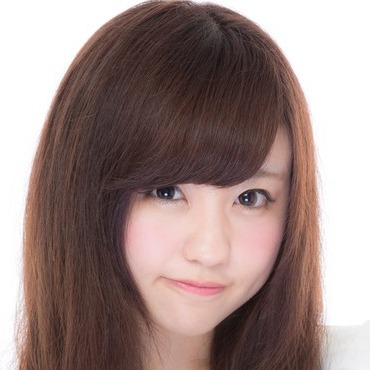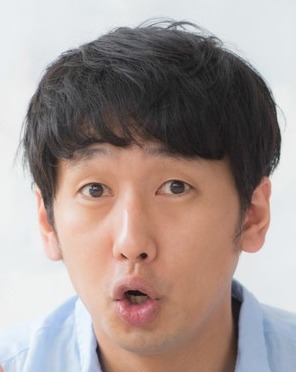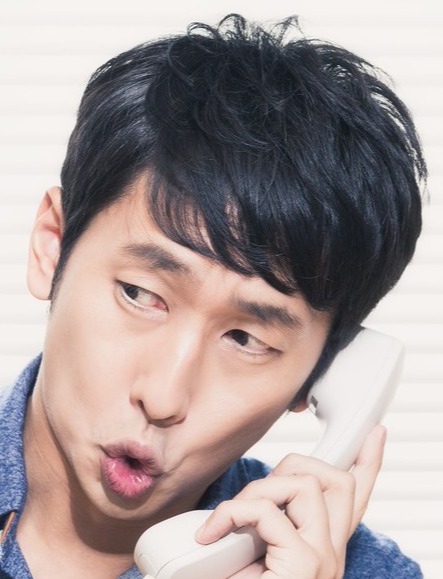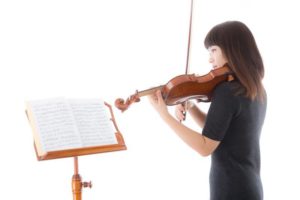Commonly Confused Words: “sewa wo suru” and “mendō wo miru”
One of the commonly confused words is “世話をする(sewa wo suru)” and “面倒を見る(mendō wo miru)” and could you explain what the difference is? The way to use them is quite different. Let me introduce what the difference is and how you correctly use them in ordinal conversations.
世話をする (sewa wo suru)
Take care of / Look after
“世話をする(sewa wo suru)” means “Take care of or Look after” and which has been used for children, pets, elderly people, etc. Native speakers sometimes use “世話する” instead of “世話をする”. Both of them are the same meaning, however, “世話をする” is the polite way to use than “世話する”. The basic way to use it “私は___の世話をする。(I take care of ___.)” such as “私は子供の世話をする。(I take care of the baby.)”.
\ Learn Japanese language online with a personal native teacher!/
Sample
お姉ちゃんが風邪引いちゃったから犬の世話しなきゃいけないんだよね。 (I gotta take care of her dog because my sister had a cold.) (我姐姐感冒了,所以我得照顾好狗。) (언니가 감기에 걸려버려서 강아리를 돌봐야 해.) (Chị gái tớ bị cảm lạnh nên tớ phải trông con chó.) (onē chan ga kaze hii chatta kara inu no sewa shinakya ikenai ndayo ne.)


母さんはよく孫の世話をしてるよ。 (My mother is often looking after her grandchild.) (我妈妈经常照顾孙子。) (엄마는 손자를 자주 돌보고 있어.) (Mẹ tớ chăm cháu tốt lắm.) (kāsan wa yoku mago no sewa wo shiteru yo.)


ずっと赤ちゃんを世話していたいなー。 (I wish I could always take care of babies.) (我想永远照顾我的宝宝。) (계속 아기를 돌보고 싶은데.) (Thật muốn chăm sóc em bé mãi thôi.) (zutto akachan wo sewa shite itai na-.)


年頃の子供の世話って大変じゃない? (Is it hard to take care of raising a teenager?) (年纪大了照顾孩子 很艰难吧?) (적령기인 애를 돌보는 건 힘들지 않아?) (Chăm sóc trẻ con ở tuổi này vất vả lắm mà phải không?) (toshigoro no kodomo no sewa tte taihen janai?)
面倒を見る (mendō wo miru)
Take care of / Look after
“面倒を見る(mendō wo miru)” also means “Take care of or Look after” and which has been used for children, pets, elderly people and etc. However, the nuance of “面倒を見る” is “bored”, so the nuance of “子供の面倒を見る” is that someone gets tired and bored to take care of children instead of “子供の世話をする”. When you get bored to take care of your pets, you could use “面倒を見る”. But If you don’t get bored to take care of your pets, you could use “世話をする”. Not only it has been used for the pets, but it also has been used for children, grandparents, elderly people as well.
Sample


今晩は飲み会だから、犬の面倒見といてね。 (I’ll join the drinking party tonight, so don’t forget to take care of the dog.) (因为今天晚上有聚餐,要先照料一下狗。) (오늘 밤은 회식이니까, 강아지 좀 돌봐줘.) (Tối nay tôi phải phải đi nhậu nên trông con chó hộ nha.) (konban wa nomikai dakara, inu no mendō mitoite ne.)


たまにおじいちゃんの面倒見てるよ。 (I sometimes take care of my grandparents.) (我有时会照顾我的祖父。) (가끔 할아버지를 돌봐 드리고 있어.) (Thỉnh thoảng tôi cũng chăm sóc ông mà.) (tamani ojīchan no mendō miteru yo.)


子供の面倒見てくれてありがとう。 (Thank you for taking care of my child.) (谢谢你照顾我的孩子。) (아이 돌봐 줘서 고마워.) (Cảm ơn bạn đã trông con cho tôi.) (kodomo no mendō mite kurete arigatō.)


どうやって8人の子供の面倒を見るつもりなのかなぁ? (I wonder how he looks for his 8 children.) (你打算如何照顾8个孩子?) (어떻게 8명의 아이를 돌 볼 생각 인 걸까?) (Không biết định làm thế nào để chăm sóc tận 8 đứa trẻ đây?) (dōyatte hachi nin no kodomo no mendō wo miru tsumori nano kanā?)
\ Learn more! /









Comments